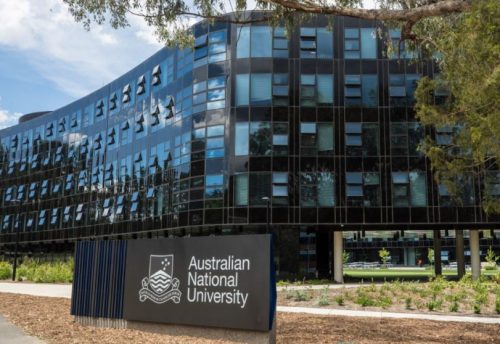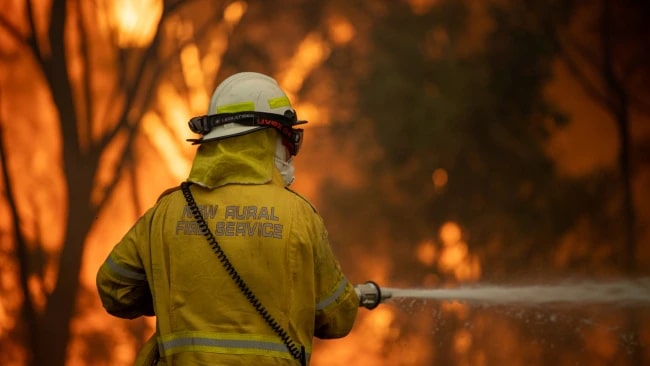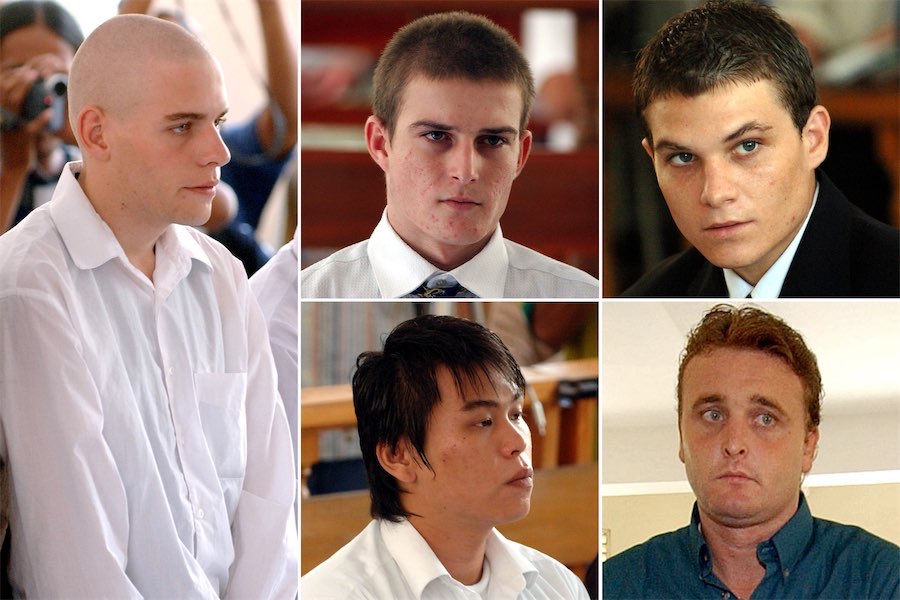 CONCERNS over blocking the return of international students for another year has the ability to damage the credibility of the nation’s education institutions that will further hurt the economy, according to Canberra’s leading academics.
CONCERNS over blocking the return of international students for another year has the ability to damage the credibility of the nation’s education institutions that will further hurt the economy, according to Canberra’s leading academics.
On the eve of federal treasurer Josh Frydenberg delivering Australia’s “pandemic” budget on Tuesday night (May 11), there are pleas to allow the students to enter the country all amid a likelihood the government will keep its international borders closed this year.
Australian National University vice-chancellor Brian Schmidt has suggested the government create “travel corridors” for fully-vaccinated students returning from low-risk countries as part of a University Australia national plan.
Otherwise a number of universities will be forced to ask the Commonwealth for additional financial support into next year after already absorbing heavy costs amid COVID-19 cuts.
Professor Schmidt said changes are afoot to redirect education away from Australia.
“(International) students are preferencing going to places that are open even with Covid running rampant,” he told Radio National.
“Over the next six months, vaccines programs are going to really hit their strides overseas.
“We can see that in the US and the UK, and they are genuinely going to be open.”
Universities Australia chief executive and director, Catriona Jackson, feared the impact on tertiary education without a widespread rollout of vaccinations and banning travel of 2022.
Universities rely heavily on international tuition fees under their education models.
“There are revenue challenges that are very difficult for universities to manage,” she said.
“We estimate that $1.8 billion was lost to universities last year.
“The really big problem for us is that it’s not just a one-year problem, but a two, three, four-year problem because those students that are stuck overseas can’t get back.
“If they started a degree last year, they’re not doing their second year this year and not doing their third-year the year after. The revenue just keeps going and it’s unsustainable.”
Universities earned around $1 billion from the federal government for research last year that “saved jobs” despite ANU axing more than 450 jobs separately.
Ms Jackson said some form of normality has begun to return to campuses, however, large lectures are “a thing of the past” after becoming too difficult to manage.
The hybrid learning online model has worked, but she said students overwhelmingly want to get back into a classroom and have interaction with lecturers.
“This has been really tough for students and for staff, but for the whole community,” Ms Jackson said.
“We are a fundamental part of the communities we serve.”
Who can be trusted?
In a world of spin and confusion, there’s never been a more important time to support independent journalism in Canberra.
If you trust our work online and want to enforce the power of independent voices, I invite you to make a small contribution.
Every dollar of support is invested back into our journalism to help keep citynews.com.au strong and free.
Thank you,
Ian Meikle, editor




Leave a Reply